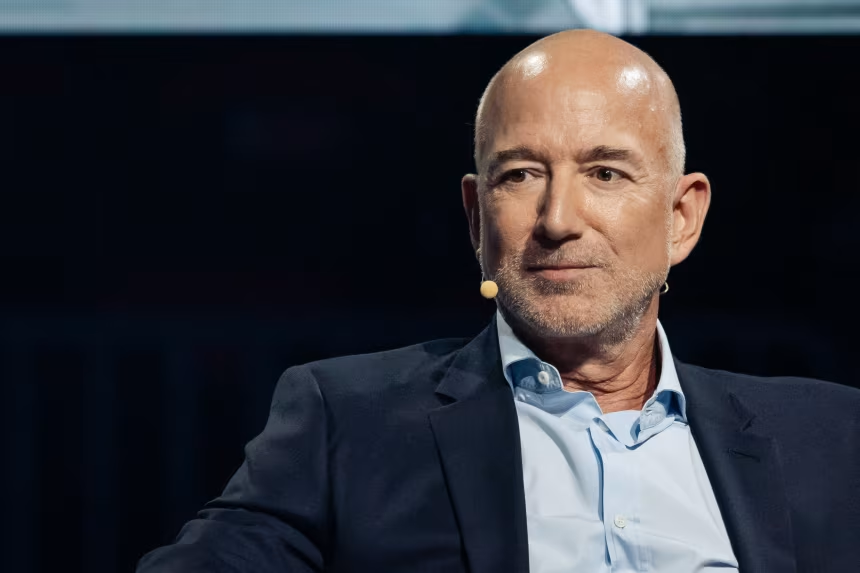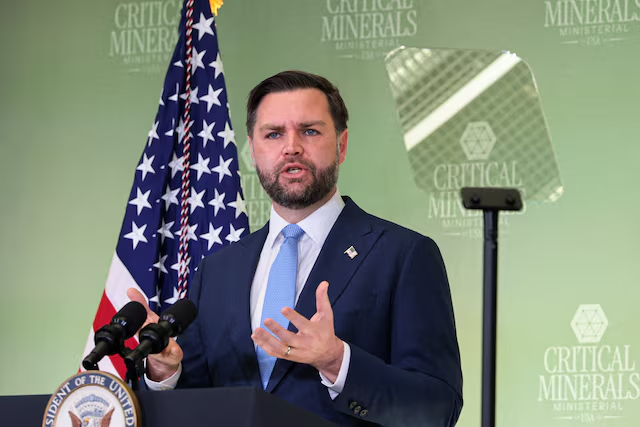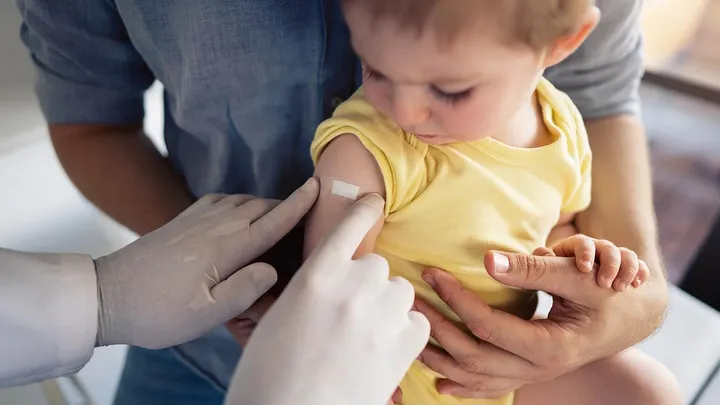Amid the growing influence of Robert F. Kennedy Jr.’s “Make America Healthy Again” (MAHA) initiative, which calls for greater transparency in healthcare, the spotlight has shifted to the issue of childhood vaccines, particularly the measles, mumps, and rubella (MMR) vaccine, FOX News reports.
Since the vaccine’s introduction in the 1970s, it has been a critical component of school attendance requirements. As concerns about vaccine safety continue to rise, medical experts, including Dr. Nicole Saphier, are addressing the myths surrounding MMR.
Dr. Saphier, a Fox News medical contributor, has taken to explaining common questions and clarifying misconceptions about the vaccine. In a video for Fox News Digital, she answered frequently asked questions on the subject, emphasizing the importance of vaccine transparency in the wake of the ongoing healthcare debate.
One question that often arises is why the measles, mumps, and rubella vaccines are combined. Dr. Saphier explains that the combination is primarily for convenience and public health efficiency. Administering the vaccine as a single shot increases the likelihood of children receiving all three necessary vaccines. She also points out that giving a single injection is simpler and less stressful for both children and parents than multiple injections.
Like any medical intervention, vaccines come with potential side effects. For the MMR vaccine, Dr. Saphier notes that side effects are usually mild, such as redness or warmth at the injection site, low-grade fevers, and irritability. These reactions are not uncommon and can occur with any individual vaccine, not just the combined MMR vaccine. While severe side effects are rare, they are documented and closely monitored.
One of the most persistent concerns about childhood vaccines is the alleged link between vaccines and autism. Dr. Saphier asserts that the overwhelming body of scientific research has found no causal link between the MMR vaccine and autism. She references a large-scale study conducted in Denmark that found a lower risk of autism in vaccinated children, countering the belief that the vaccine contributes to the condition.
While autism diagnoses are more common in the United States compared to Europe, Dr. Saphier points out that European countries generally have higher MMR vaccination rates. This further undermines the myth that vaccines are responsible for autism.
Dr. Saphier acknowledges that the timing of vaccine administration coincides with the typical age at which autism symptoms become apparent. This overlap may lead some to mistakenly associate the vaccines with the onset of autism, but she emphasizes that extensive research has disproven any such connection.
Dr. Saphier suggests that environmental factors could be playing a more significant role in autism rates than previously considered. She points to potential harmful chemicals and toxins in the American environment, including pollutants, industrial practices, and certain substances in food. She advocates for a more comprehensive approach to understanding autism, one that takes into account environmental influences that other nations may not be exposed to as frequently.
Dr. Saphier is also vocal about the need for more flexibility in vaccine schedules. She believes that parents should have more autonomy when it comes to the timing of their child’s vaccinations. While agencies like the CDC and the American Academy of Pediatrics offer standardized vaccination schedules, Dr. Saphier argues that parents should have open discussions with their pediatricians to determine the best course of action for their children.
She also suggests that parents should have the option to delay vaccinations until their child reaches an age where potential signs of autism can be more clearly observed. This approach could alleviate concerns and help parents make more informed decisions about vaccination.
Dr. Saphier expresses hope that the MAHA movement will help uncover additional safety signals related to vaccines, reassuring parents that vaccines, when administered properly, save lives. She believes that greater transparency, including open conversations between doctors and parents, will help rebuild trust in the vaccine system, which has been undermined by pandemic-related vaccine mandates.
Ultimately, she believes that well-informed, careful dialogue and ongoing research will ensure that vaccines continue to be a vital tool in public health, while also respecting parental choice.










The latest news in your social feeds
Subscribe to our social media platforms to stay tuned